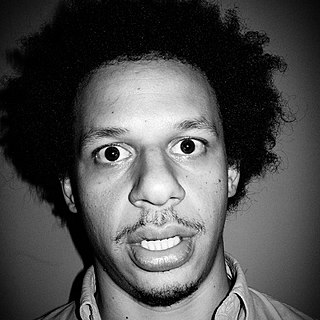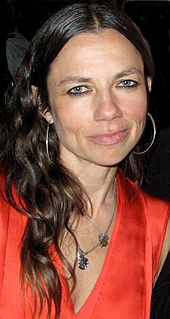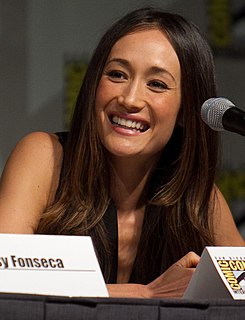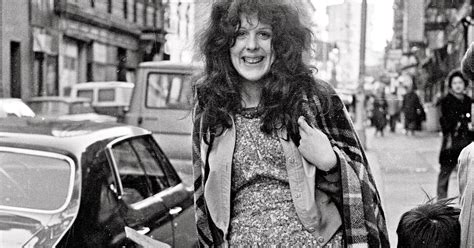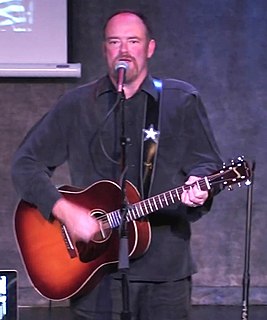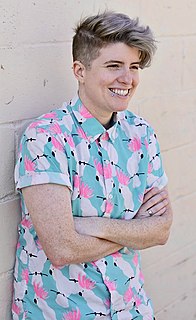A Quote by Matt Groening
'The Simpsons' from the very beginning was based on our memories of brash '60s sitcoms - you had a main title theme that was bombastic and grabbed your attention - and when you look at TV shows of the 1970s and '80s, things got very mild and toned down and... obsequious.
Related Quotes
Those rosy memories we all share are actually memories from our favorite TV shows. We've confused our own childhoods with episodes of "Ozzie and Harriet," "Father Knows Best," and "The Brady Bunch." In real life, Ozzie had a very visible mistress for years, Bud and Kitten on "Father Knows Best" grew up to become major druggies, and Mom on "The Brady Bunch" dated her fifteen-year-old fictional son.
When my father was, you know, a very big artist in the 1970s and then later up through the '80s. And then I began playing guitar with him in the road in the late '80s until he retired in 1997. So I traveled the world with them for years, you know, and all around the world and got to meet some great people.




